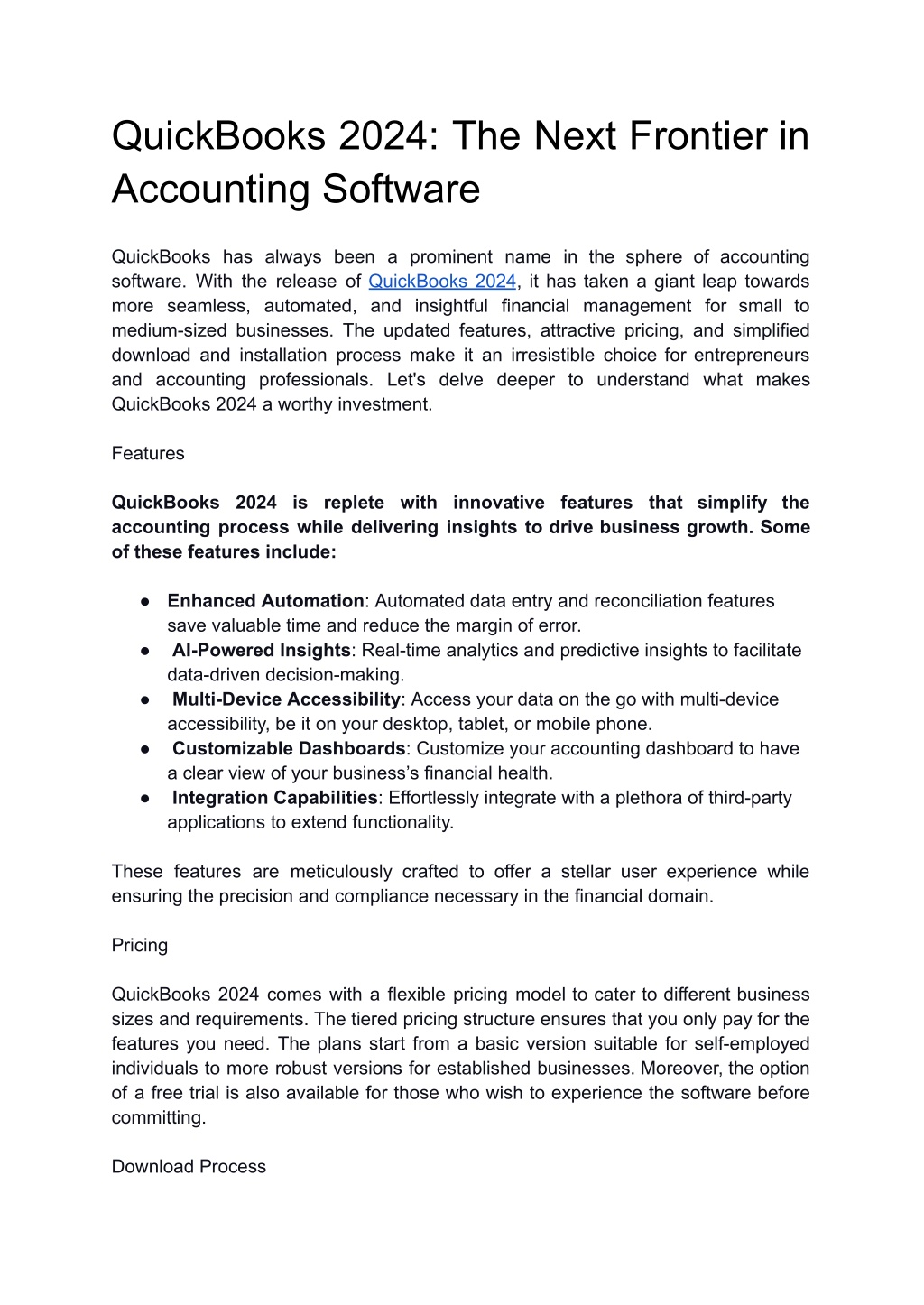
Navigating Health Insurance Small Business Owner’s Guide
Understanding Health Insurance for Small Business Owners:
As a small business owner, navigating the realm of health insurance can be a daunting task. However, with the right knowledge and guidance, you can make informed decisions that benefit both you and your employees.
The Importance of Health Insurance for Small Businesses:
Health insurance is a critical component of any small business’s benefits package. It not only helps attract and retain talented employees but also provides essential coverage for medical expenses, ensuring the well-being of your workforce.
Key Considerations When Choosing Health Insurance:
When selecting a health insurance plan for your small business, several key factors should be taken into account. These include coverage options, network providers, costs, and compliance with legal requirements such as the Affordable Care Act (ACA).
Understanding Coverage Options:
Health insurance plans typically offer a range of coverage options, including HMOs, PPOs, and high-deductible plans with health savings accounts (HSAs). Each type of plan has its pros and cons, so it’s essential to assess your business’s needs and the preferences of your employees.
Evaluating Network Providers:
Network providers refer to the doctors, hospitals, and healthcare facilities that are part of an insurance plan’s network. It’s crucial to ensure that the plan you choose includes a wide range of providers to give your employees access to quality healthcare services.
Managing Costs:
Cost is a significant consideration when it comes to health insurance for small businesses. Premiums, deductibles, copayments, and coinsurance all contribute to the overall cost of the plan. Balancing affordability with comprehensive coverage is key to selecting the right plan for your business.
Compliance with Legal Requirements:
Small businesses must comply with various legal requirements regarding health insurance, especially under the ACA. This includes offering coverage to eligible employees, providing essential health benefits, and adhering to reporting and notification requirements.
Employee Contributions and Benefits:
Deciding how much of the health insurance premium will be covered by the employer versus the employee is another important consideration. Offering competitive benefits can help attract and retain top talent while promoting employee satisfaction and loyalty.
Navigating Open Enrollment Periods:
Open enrollment periods are specific times during which employees can enroll in or make changes to their health insurance coverage. Understanding the rules and deadlines for open enrollment is crucial to ensuring that your employees have uninterrupted coverage.
Seeking Professional Guidance:
Given the complexity of health insurance options and regulations, many small business owners choose to seek professional guidance. Working with an insurance broker or consultant can help you navigate the process, compare plans, and make informed decisions.
Reviewing and Updating Coverage Annually:
Health insurance needs can change over time, so it’s essential to review and update your coverage annually. This ensures that your plan continues to meet the needs of your business and employees while staying compliant with evolving regulations.
Conclusion:
Navigating health insurance as a small business owner requires careful consideration of coverage options, costs, legal requirements, and employee needs. By staying informed, seeking professional guidance when needed, and regularly reviewing your coverage, you can ensure that your business and employees are adequately protected. Read more about health insurance for the self employed small business



